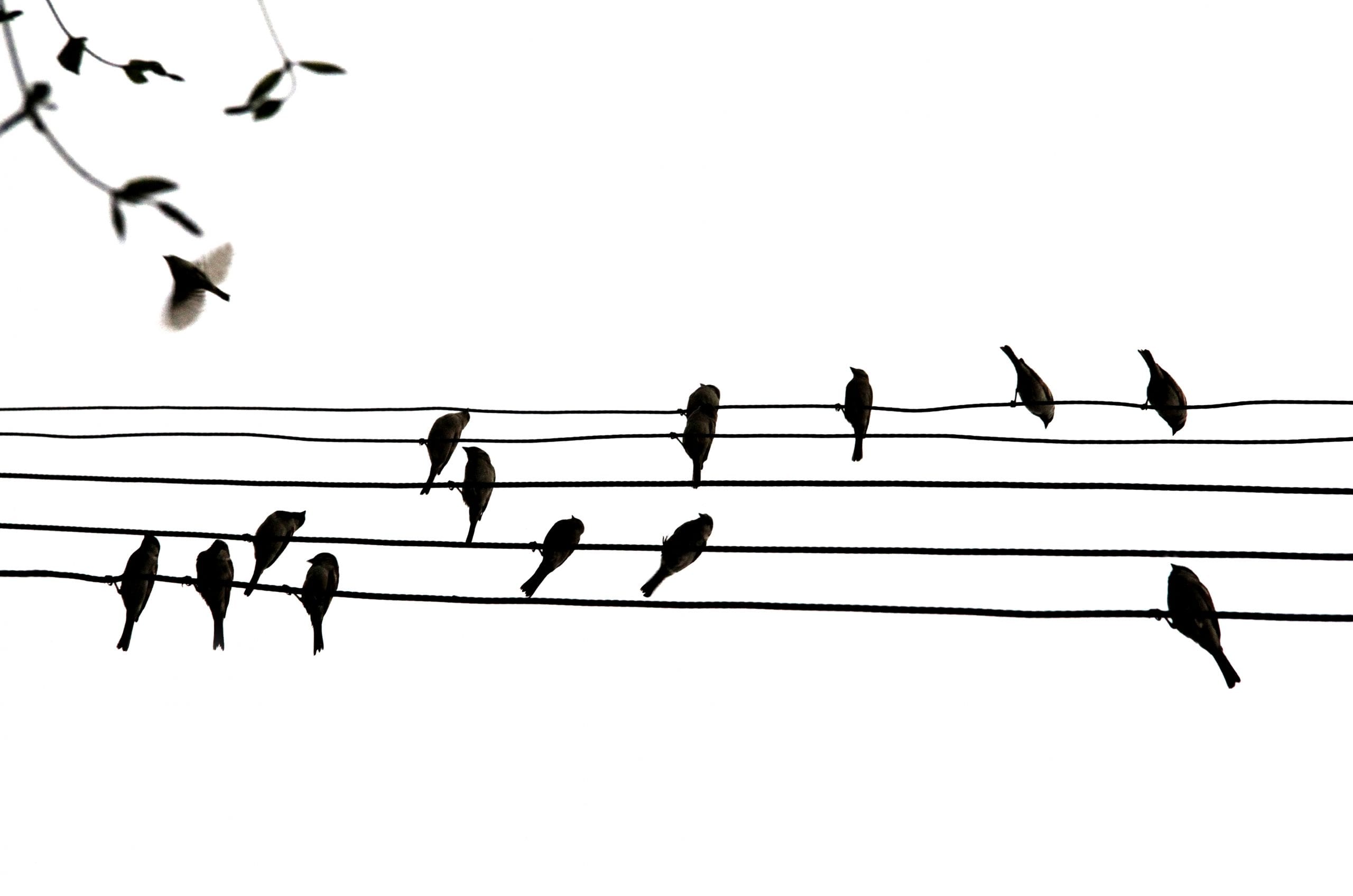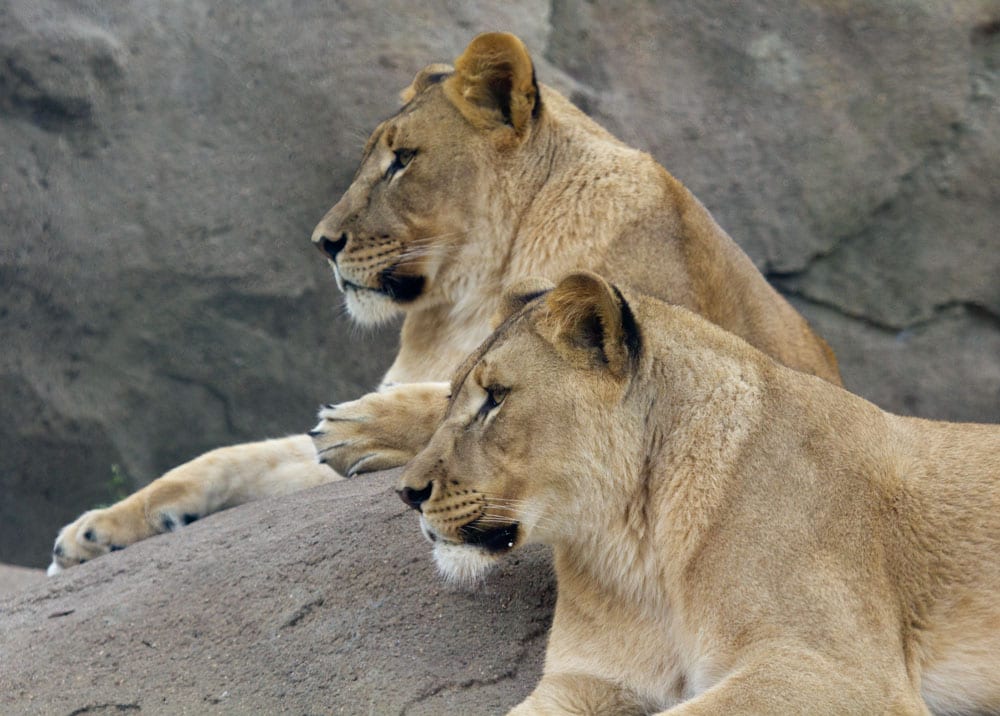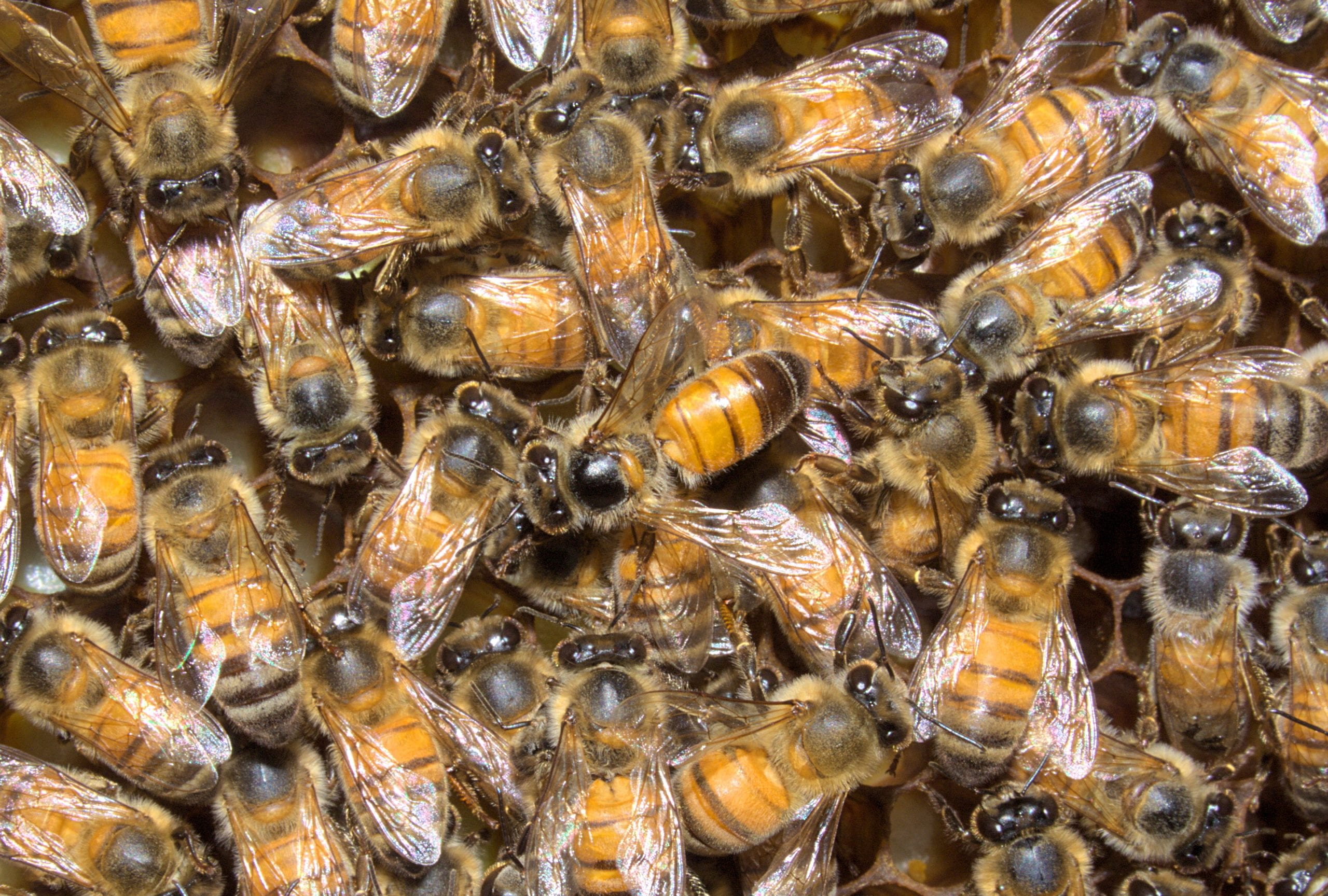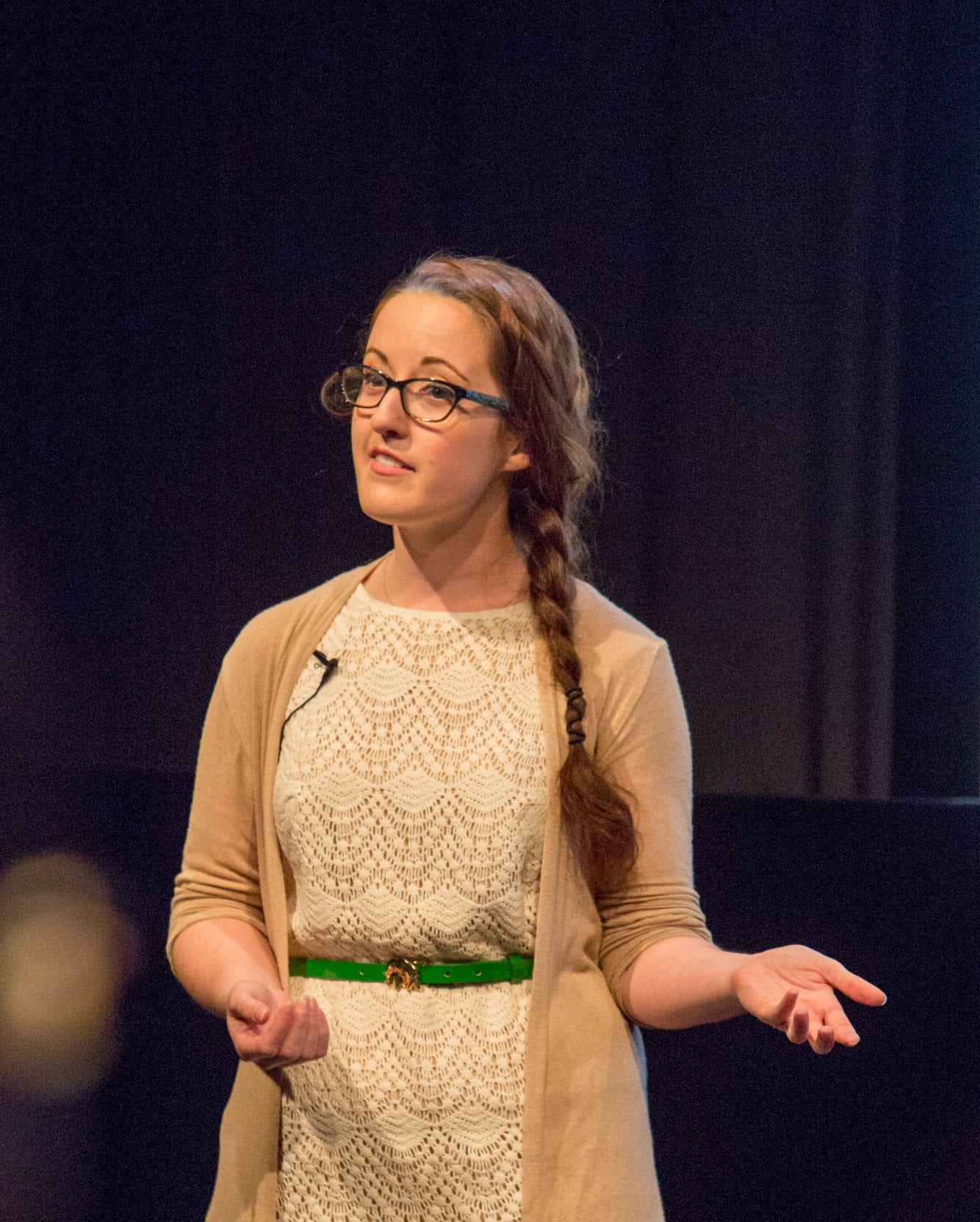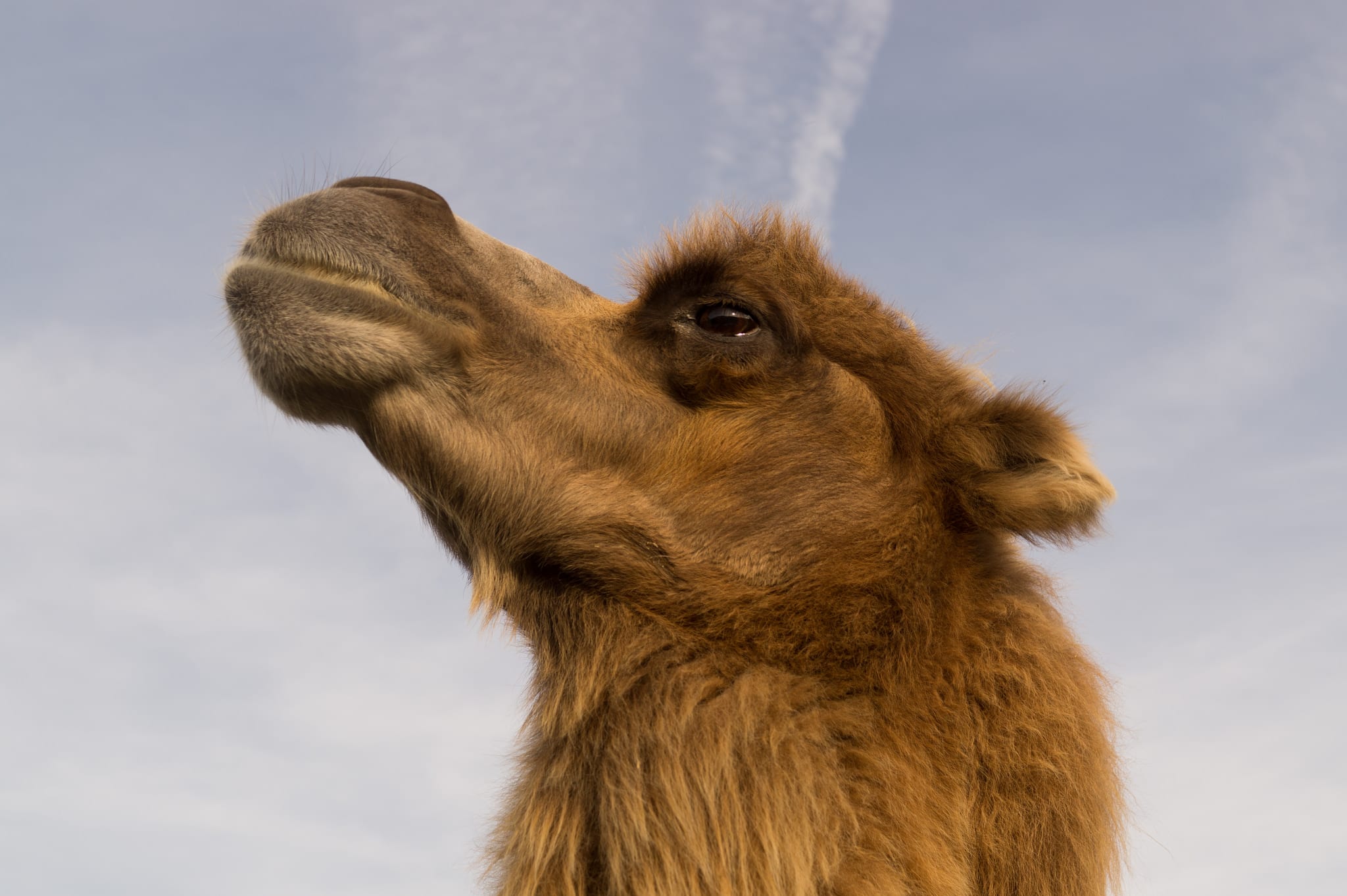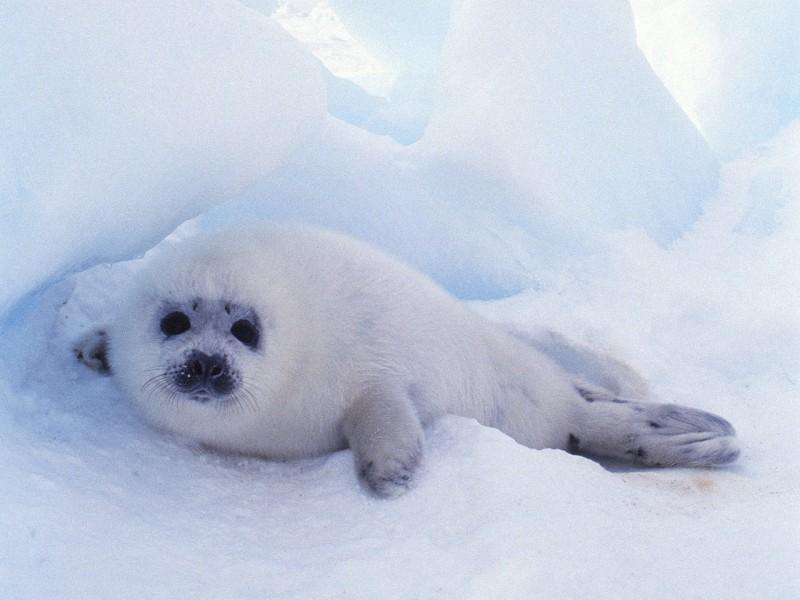
The World's Largest Lake is at Stake
Why is the world's largest body of freshwater (by volume), Lake Baikal, currently in danger and why does it matter so much? It is known for its unmatched biodiversity and happens to hold 20% of the world's freshwater. This impressive combination certainly makes it worthy of global attention. To better understand what's at stake, let's

